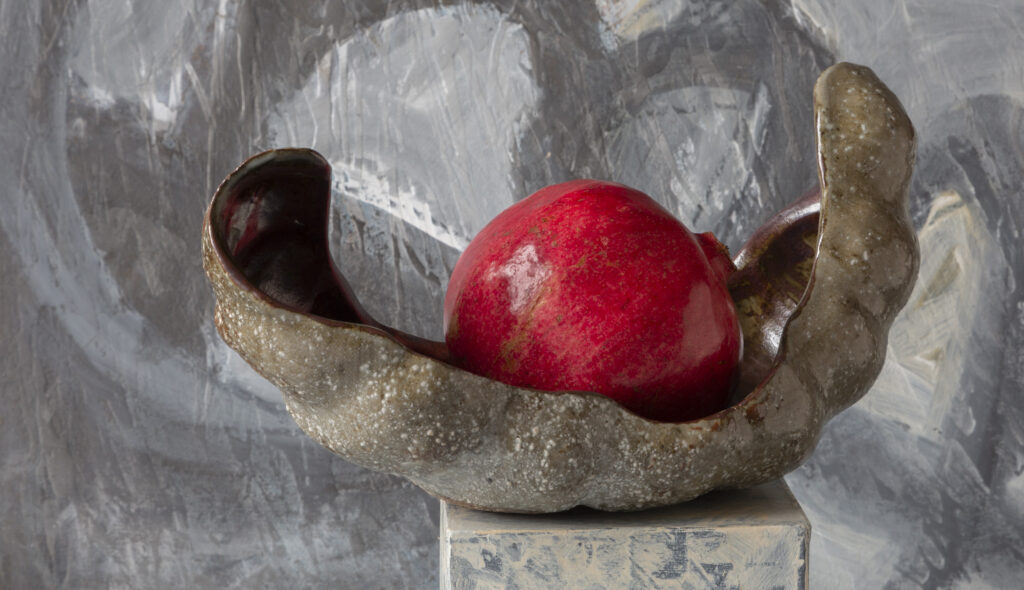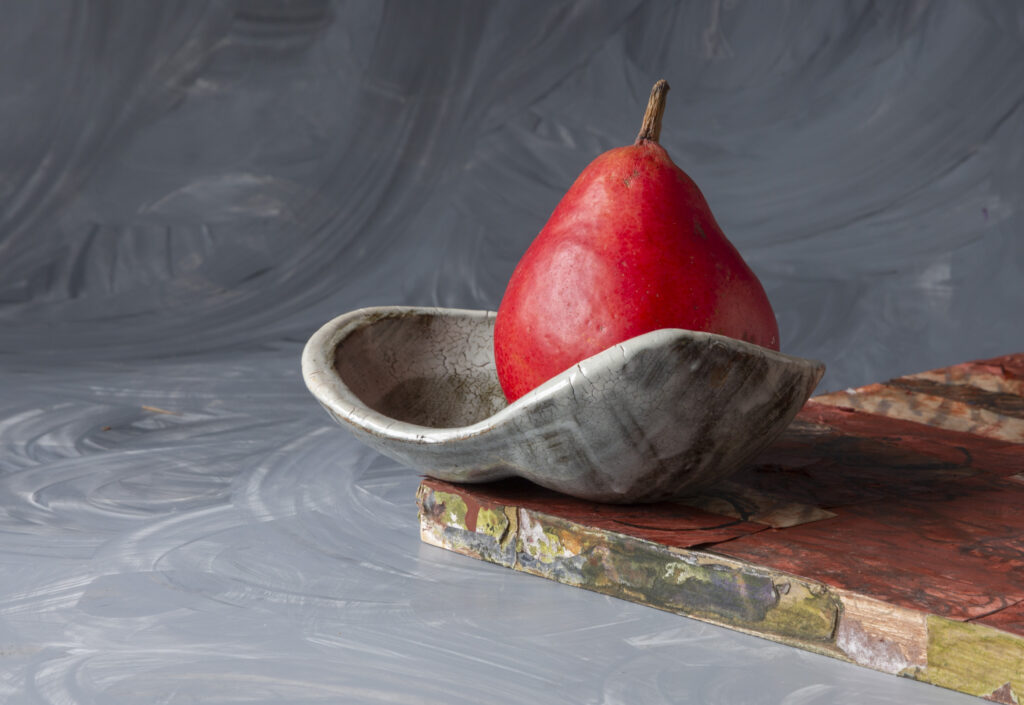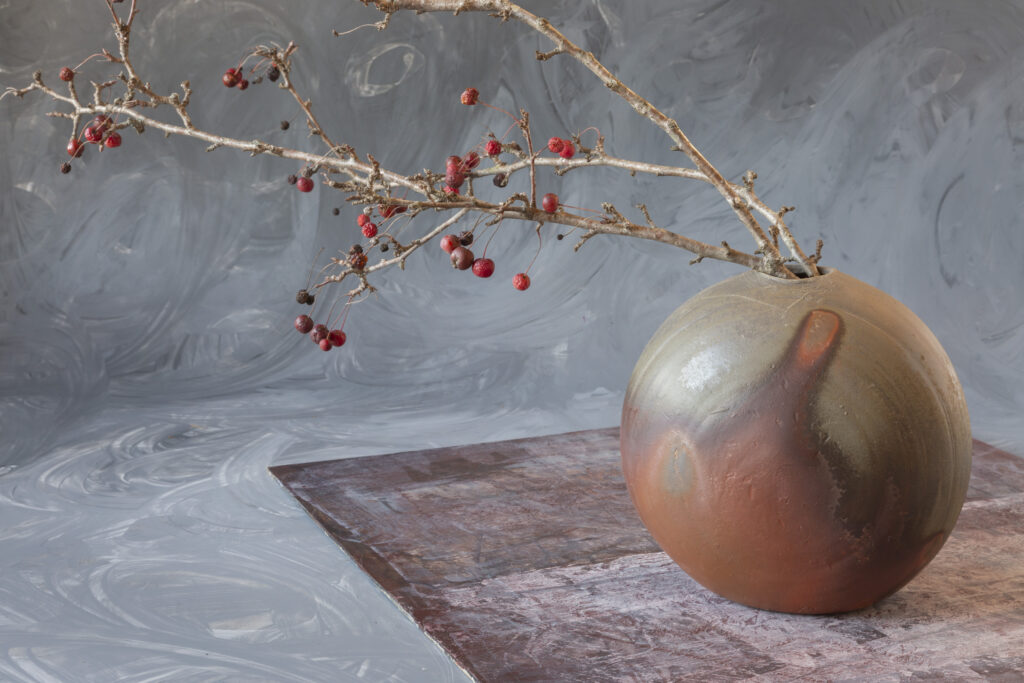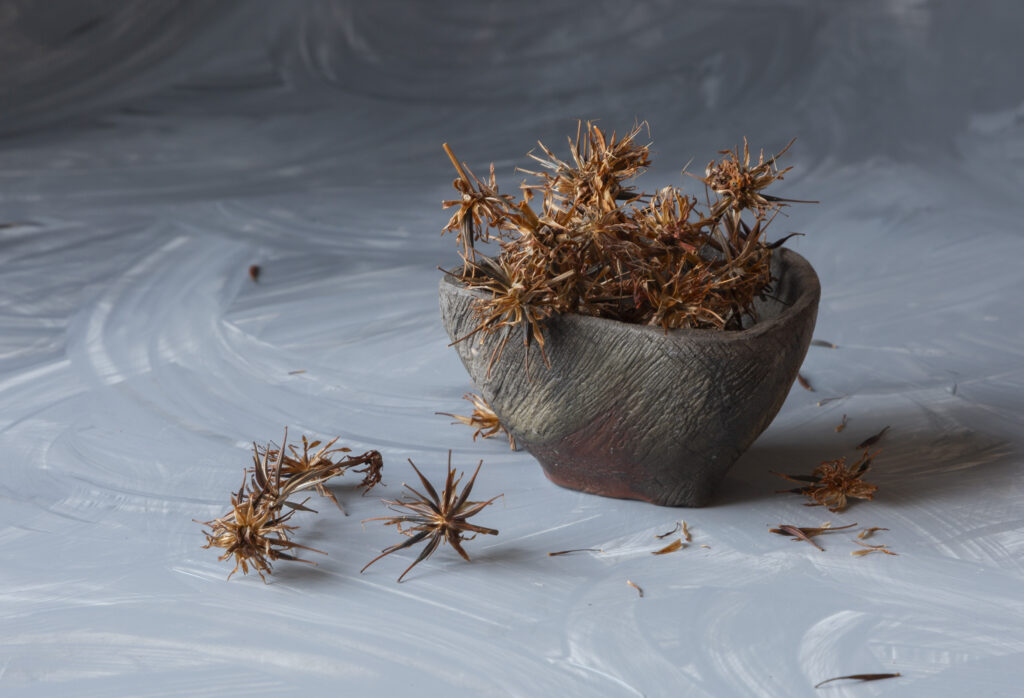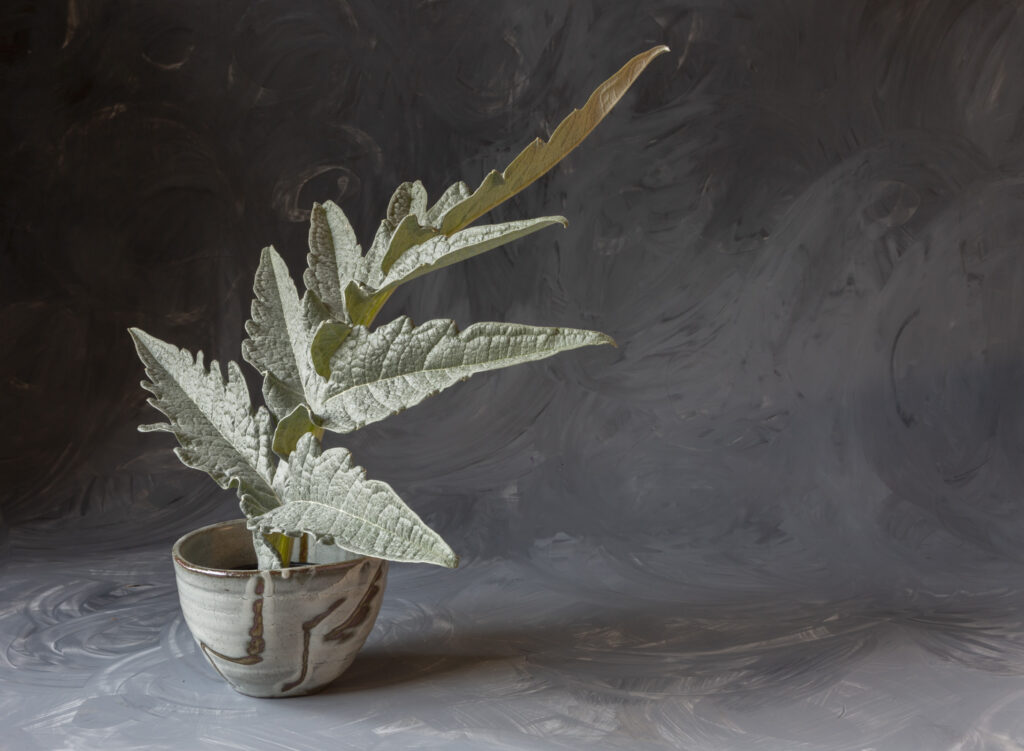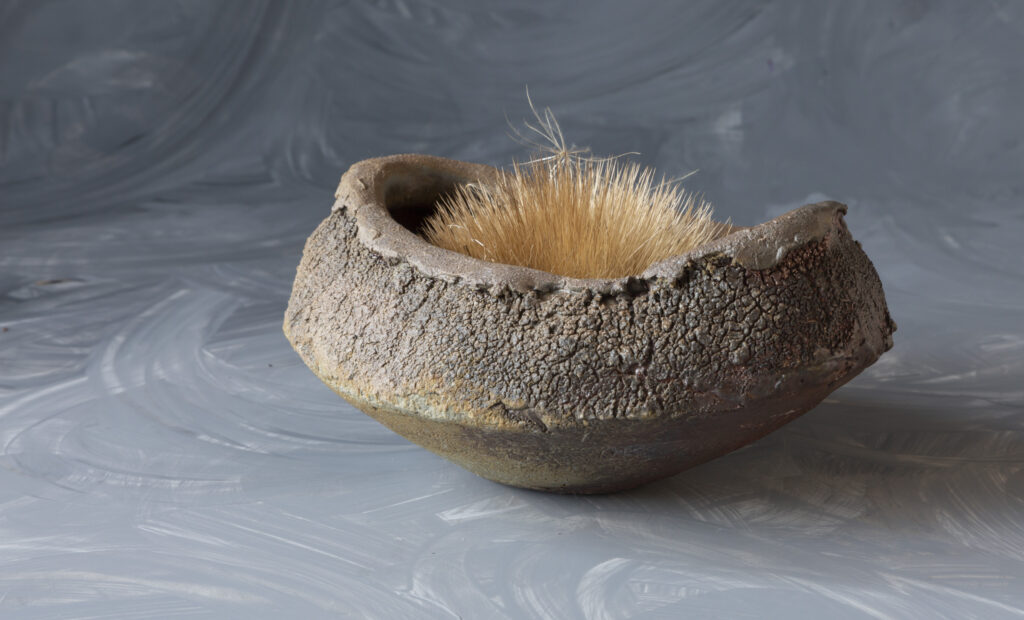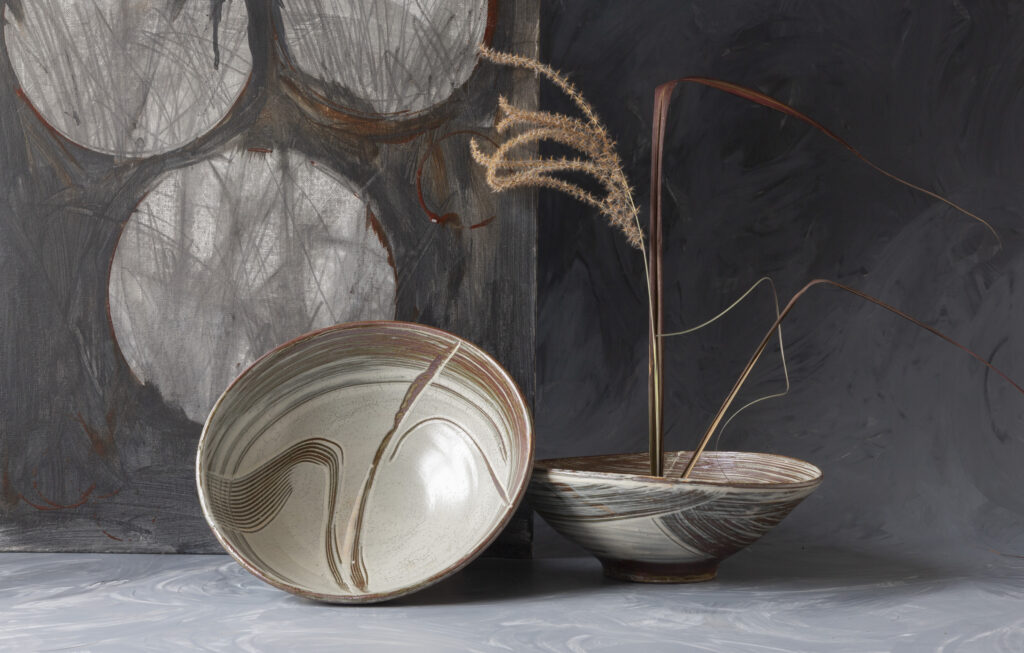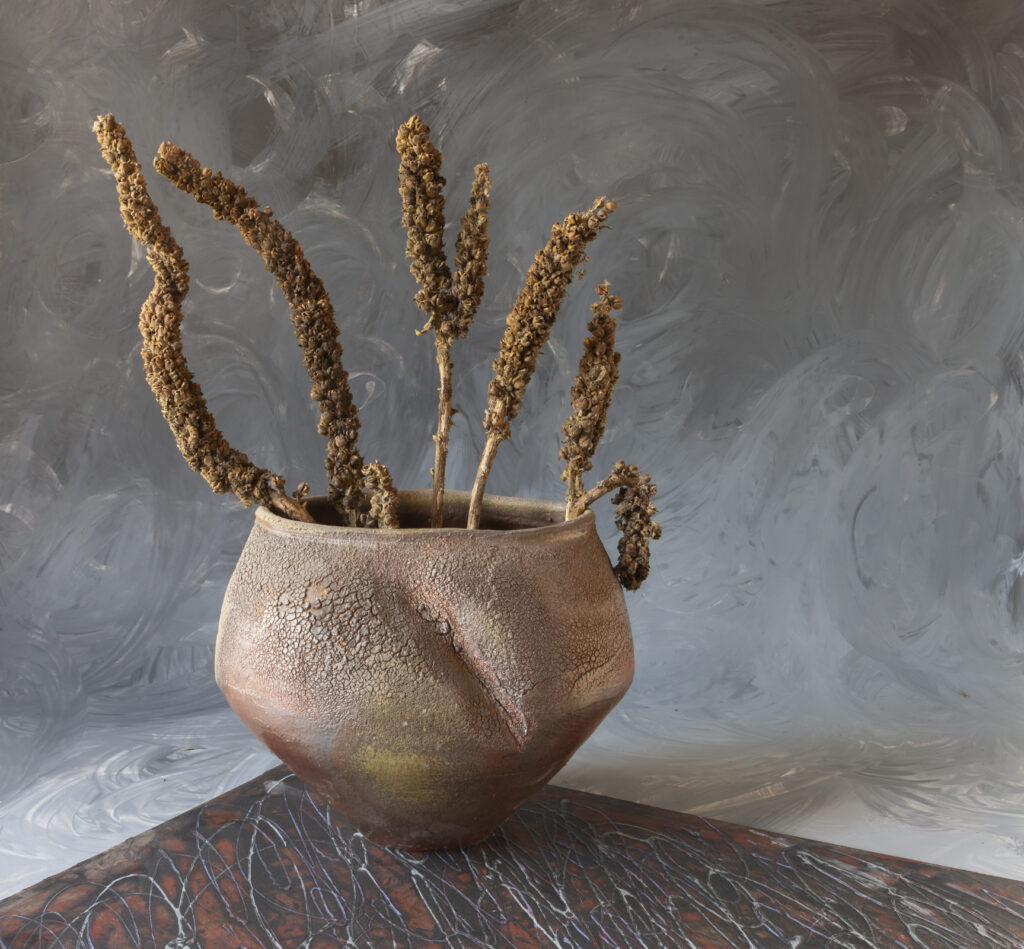The poet Nikki Giovanni passed away on December 9, 2024. I am grateful for her words, her voice, her vision, and her journey.

A Journey
It’s a journey . . . that I propose . . . I am not the guide . . . nor technical assistant . . . I will be your fellow passenger . . .
Though the rail has been ridden . . . winter clouds cover . . . autumn’s exuberant quilt . . . we must provide our own guide-posts . . .
I have heard . . . from previous visitors . . . the road washes out sometimes . . . and passengers are compelled . . . to continue groping . . . or turn back . . . I am not afraid . . .
I am not afraid . . . of rough spots . . . or lonely times . . . I don’t fear . . . the success of this endeavor . . . I am Ra . . . in a space . . . not to be discovered . . . but invented . . .
I promise you nothing . . . I accept your promise . . . of the same we are simply riding . . . a wave . . . that may carry . . . or crash . . .
It’s a journey . . . and I want . . . to go . . .
–Nikki Giovanni, A Journey from The Collected Poetry of Nikki Giovanni: 1968–1998, copyright compilation © 2003 by Nikki Giovanni.

